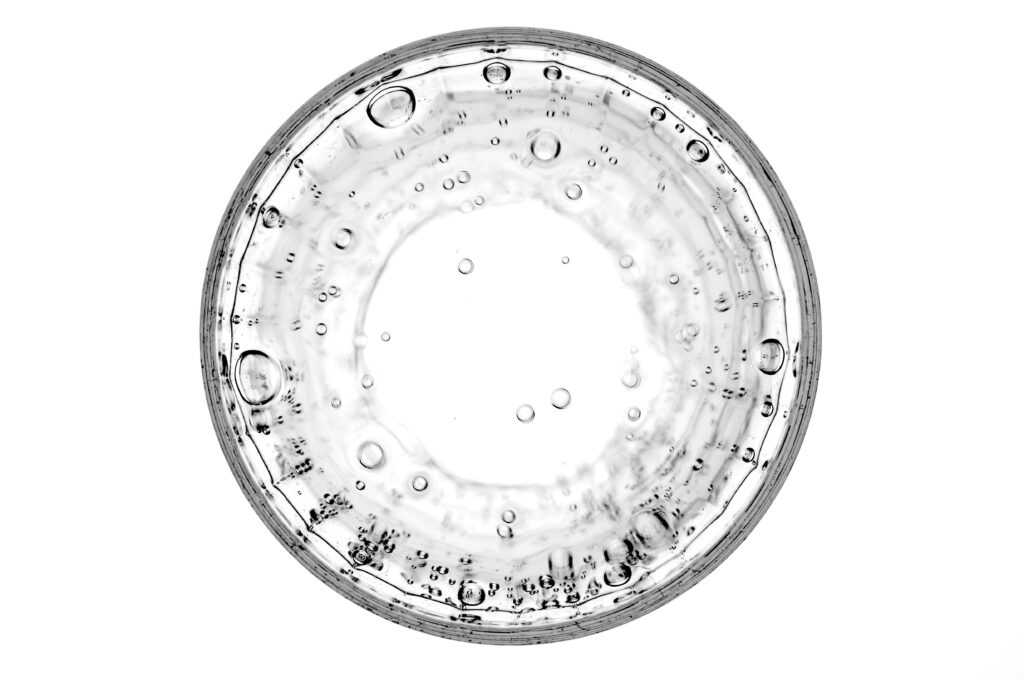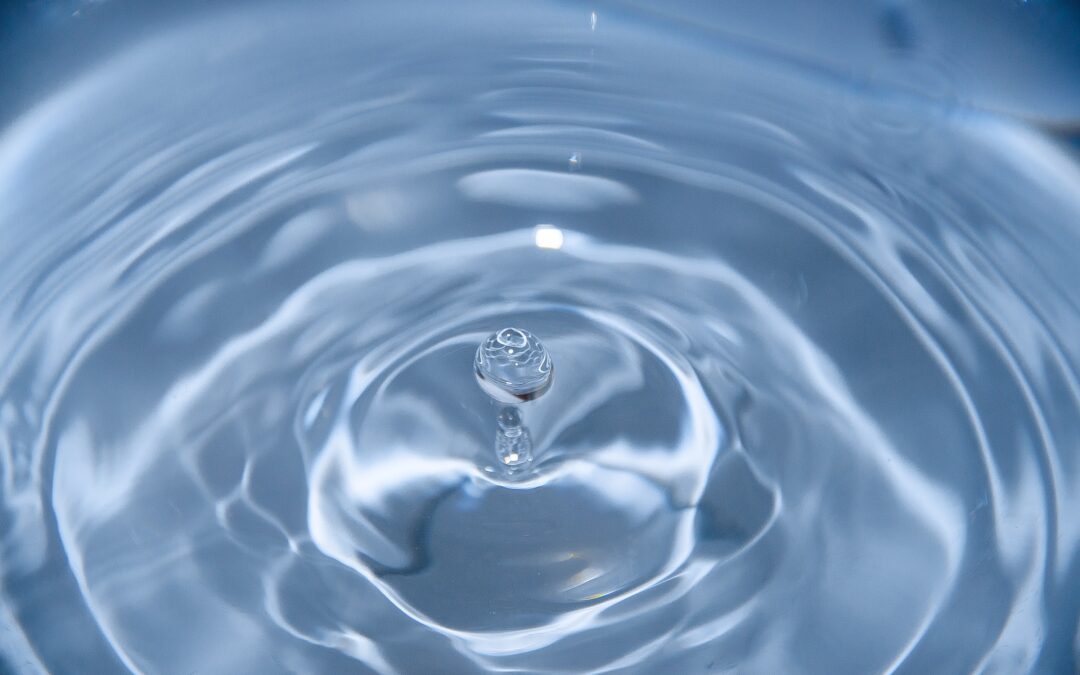Water is a chemical necessary for the creation and maintenance of life on Earth. According to the generally accepted theory, life originated in the oceans about 3.9 billion years ago. The first terrestrial organisms appeared only 500,000 million years ago.
Water is also the main component of all living organisms, in some cases being their main component (for example, hydras, the popular jellyfish, consist of 95% water and only about 5% are proteins and other organic compounds and minerals).
The water content in the human body varies and decreases with age. In a newborn baby, it is 75-80% and in the elderly only 46-54%, with the water content in a woman’s body usually a few percent higher.
Due to the presence of water in the human body (as well as other higher organisms), we can use the following division:
Intracellular water (found inside every cell)
Extracellular water that is outside the cells. It includes intravascular water, i.e. water circulating in blood vessels (blood) and intercellular water (lymph).
Transcellular water, which is found in gastrointestinal fluids, biliary, urinary and pancreatic fluids, peritoneal cavity, pleural cavity, pericardial sac, cerebrospinal fluid, eye fluid, and synovial fluid in joint capsules.
What role does water play in our body?

The role of water in the body
To begin with, it should be emphasized that all metabolic processes (chemical reactions) take place in aqueous solutions, so they require the presence of liquid water. It is similar after death – drying the body (for example, by mummification) stops its decomposition. In Egypt, mummies are found in which the cause of death can be determined with the help of computed tomography. It is similar with freezing. In ice, chemical reactions are blocked (or very significantly slowed down) so, for example, in Siberia, in the eternal ice, animal bodies are found almost intact.
In addition, water in our body has other, multiple functions:
? It is essential in the digestive process – all digestive processes take place in a semi-liquid consistency and require an adequate amount of water in saliva, bile, and gastric and intestinal juices. It also takes part in the absorption, dissolution and transport of nutrients.
? Provides protection for the brain, heart, spinal cord, foetus and eyeball structures
? Responsible for thermoregulation of the body, protecting it from overheating. In hot weather, the skin secretes sweat, which evaporates effectively lowers the body temperature. Anhydrosis, i.e. impaired sweat secretion, can lead to heat stroke.
? Takes part in the transport of waste products from individual cells to the kidneys through which they are excreted in the urine
? Provides protection for the brain, spinal cord, eyeball and foetus.
? Ensures proper mobility of joints as the main component of the synovial fluid filling the joint capsules.
The water in the body is in constant circulation. We excrete large amounts of water through the kidneys, in the faeces, with sweat and in the exhaled air. This loss has to be replenished all the time.
A small amount of it is produced in the body as a product of metabolism of carbohydrates and proteins, but most of it must be supplied with food and drinks.
It is estimated that the daily demand for water in an adult is 2000 – 2500 ml. This amount is obviously higher in people who perform heavy physical work (especially at high temperatures), athletes and breastfeeding women. The need for water increases rapidly in patients with diarrhea and / or vomiting. In such situations, in addition to water, it is also necessary to top up the level of electrolytes. An excellent product that can be used in such situations are LABOR electrolytes.
Consuming too little fluid can dehydrate the body with serious health consequences. That is why it is so important to ensure an adequate level of its hydration.
AUTHOR: Dr n. farm. Andrzej Tarasiuk




